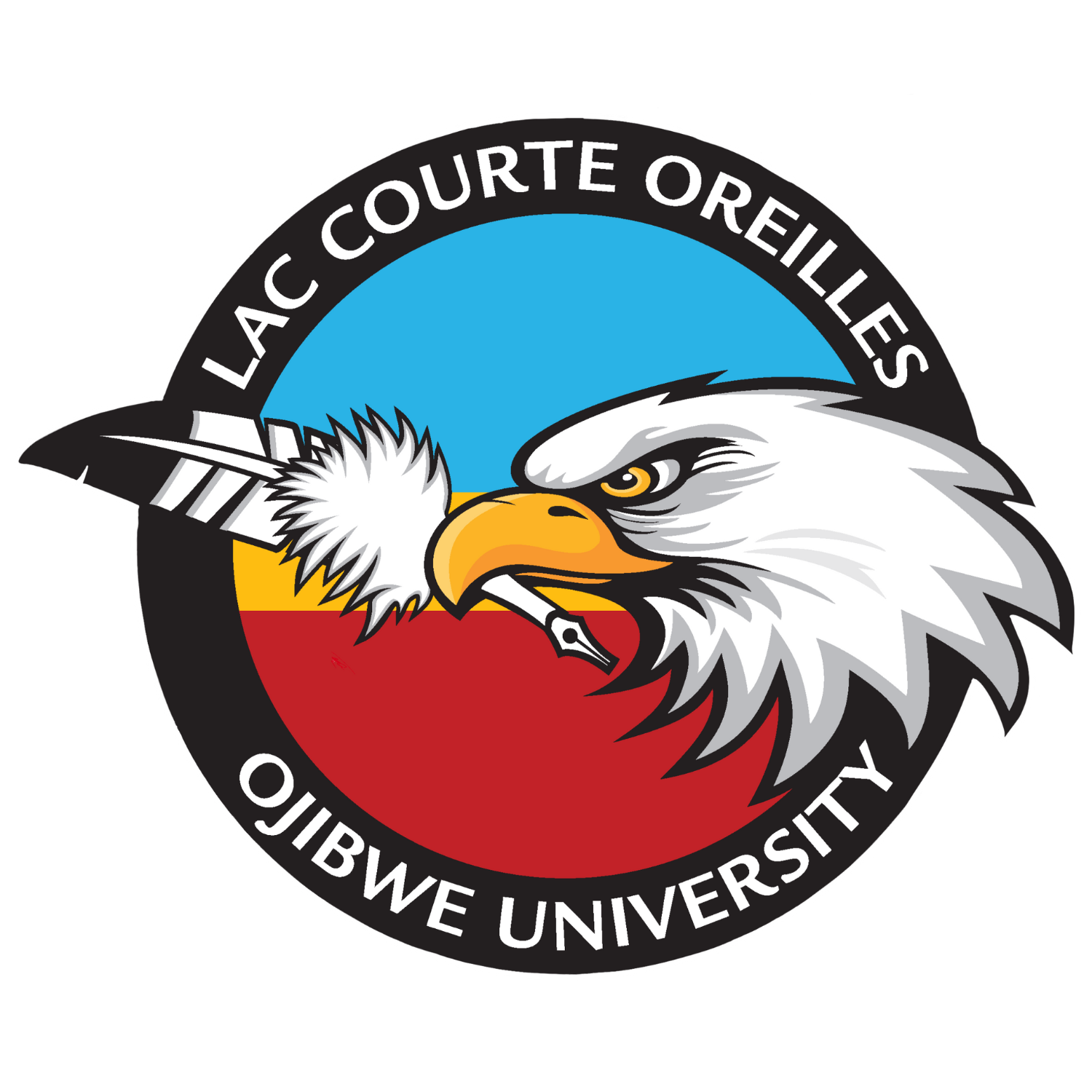Career & Technical Education
Questions? Concerns? Call us 715-634-4790, or email ext@lco.edu for more information. Stay tuned to see what we have in store next - we are always growing ourselves, and our community!
About Career & Technical Education (CTE)
The Career and Technical Education Department at Lac Courte Oreilles Ojibwe University is dedicated to providing high-quality, hands-on education that prepares students for successful careers in technical fields. We aim to advance the language, culture, and history of the Ojibwe by incorporating these elements into our curriculum, fostering a learning environment that respects and celebrates our Anishinaabe heritage. Through partnerships with local industries and continuous community engagement, we strive to meet the evolving needs of our students and the workforce.
Be sure to check out our current CEU offerings on this page! Scroll down for the “Register” button.
-
The mission of the Lac Courte Oreilles Ojibwe Extension Department is to help further education through continuing education units (CEUs), webinars, workshops, and events! Our goal is to help our community gain the skills needed to excel and advance in their chosen career fields, while honoring and celebrating the rich cultural heritage of our Anishinaabe people.
-
The mission of Lac Courte Oreilles Ojibwe University Extension Farm is to promote land stewardship and sustainable practices while providing agricultural and cultural education opportunities for Lac Courte Oreilles Ojibwe University students, local K-12 institutions, and the community.
-
Emergency Services Training focuses on improving health and saving lives through knowledge and practical care. CPR, First Aid, AED, and EMR certifications teach essential skills to assess emergencies, provide immediate care, and stabilize individuals until professional help arrives, making you a critical part of the chain of survival.
What are Continuing Education Units (CEUs)?
Continuing Education Units, or CEUs, are a standardized measure used to track participation in professional development or other training programs. They are typically required in industries where professionals must maintain up-to-date on specific skills, knowledge, or licenses. People participating in CEU courses will be kept up-to-date with industry standards and will improve their skills, enhancing their job performance and opening up their career opportunities. Below are some industries that may require CEUs:
-
Nurses, doctors, and pharmacists are required to attend seminars, workshops or courses to stay updated on medical advancements and practices. They need CEUs to maintain their professional licenses.
-
Teachers and administrators often need CEUs to retain their teaching certifications or to improve their instructional skills.
-
Professionals in these fields may need CEUs to keep up with building codes, new technologies, and sustainability practices.
-
Professionals in these fields often need CEUs or licensure renewal and to stay informed about best practices and ethical standards.
When all is said and done, CEUs are designed to ensure that professional stay at the top of their game, providing high-quality services that meet evolving standards and needs.
Available CEUs
Click the link below to check out our currently available CEU courses. To register, please fill out the entire form.
Certifications vs Credentials
Certifications
Certification is a process a person will go through to get recognition for specific knowledge, skills, or competencies. This is usually done voluntarily, but may also be a required by a professional organization or certification body for some careers. People seeking certification typically need to meet eligibility criteria, pass an exam, and sometimes they will need to fulfill certain experience or education requirements. Certifications are usually renewable and require ongoing professional development to ensure the certificate holder stays up-to-date with the latest practices and developments in their field. Take a look at some of the different types of certifications below:
-
Professional certifications are widely recognized credentials that validate an individual's expertise in a specific occupation or profession. These certifications are often governed by professional organizations or certification bodies associated with the industry.
-
Skill-based certifications focus on assessing an individual's competency in a particular skill set or technology. These certifications are common in technical fields, such as information technology (IT), software development, networking, or cybersecurity.
-
Product-specific certifications validate an individual's proficiency in using or implementing a particular product or software. These certifications are often provided by the product vendors themselves and are designed to ensure that individuals have a comprehensive understanding of the product's features and functionalities.
-
Industry-specific certifications focus on verifying an individual's knowledge and skills in a specific industry or sector. These certifications often cover industry-specific regulations, standards, and practices.
Credentials
Credentialing typically covers a broader scope compared to certification. Credentialing is the process of verifying and validating an individuals qualifications, skills, and professional background. Credentials can include degrees, diplomas, licenses, certifications, and other achievements that demonstrate a person’s credibility and competency. Credentialing is often used to asses an individual’s qualifications for employment, membership in professional organizations, or eligibility for certain privileges or positions. Below are some examples of what credentialing is used for:
-
Credentialing is critical in the healthcare industry to ensure that healthcare professionals meet specific standards of competency, ethics, and patient safety. Healthcare providers are often required to undergo a credentialing process to assess their education, training, licensure, work history, and clinical competence.
-
Credentialing is prevalent in the IT industry, where professionals can obtain certifications to validate their expertise in specific technologies, software, or IT methodologies.
-
Credentialing is relevant in the education sector, particularly for teachers and educators. Teachers often pursue certifications or licenses to demonstrate their competence in specific subjects, grade levels, or teaching methodologies.
-
Project management certifications are widely recognized credentials that demonstrate an individual's knowledge and expertise in managing projects effectively.

Career & Technical Education Team
-

Ramona Morrow
-

Kristen Polston
-
Jeromy Cowell
-
Nicole Carley
-

Michael Clarquist





